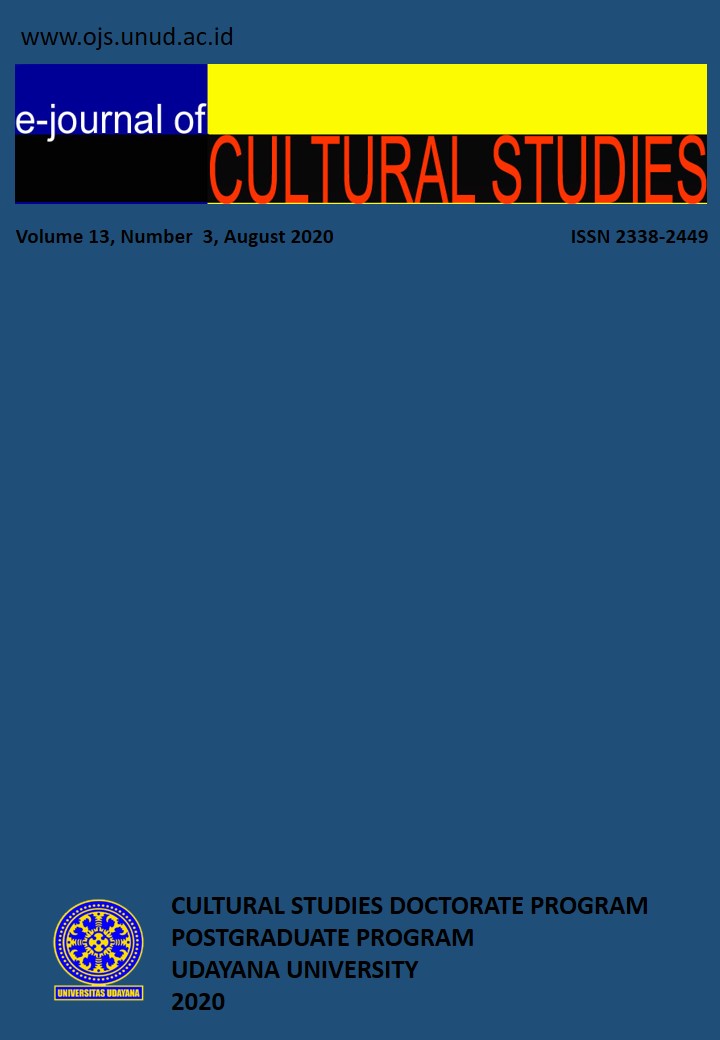POLEMICS OF RELIGION AND LOVE: DISCRIMINATION OF DIFFERENT RELIGIOUS COUPLES IN INDONESIA
Abstract
Interfaith couples in Indonesia are classified as marginalized couples. This is due to the polemic of interfaith marriage in Indonesia. In practice, interfaith couples have complex problems in carrying out the marriage process in Indonesia. Disciplining on state regulations as stipulated in the Law of the Republic of Indonesia Number 1 of 1974 concerning marriage is a single point of truth. The single truth that marriage is valid if it is carried out according to the law of each religion and belief. This of course curbs freedom and does not take sides with interfaith couples. Interfaith couples become bound by state legal counsel. Interfaith couples experience complexity in terms of maintaining love, religion and state law. This study used conventional ethnographic methodology with qualitative sources. The sources of this research were couples of different religions. The theory applied in this research is Michel Foucault's theory of power relations and knowledge. This theory is used to expose the existence of discipline and power in state regulations against interfaith couples. This research generates a new perspective in Cultural Studies research on the polemic of interfaith couples. The binding legal power of the state forms interfaith pairs as subalterns.
Key words: marriage, different religions, power relations







